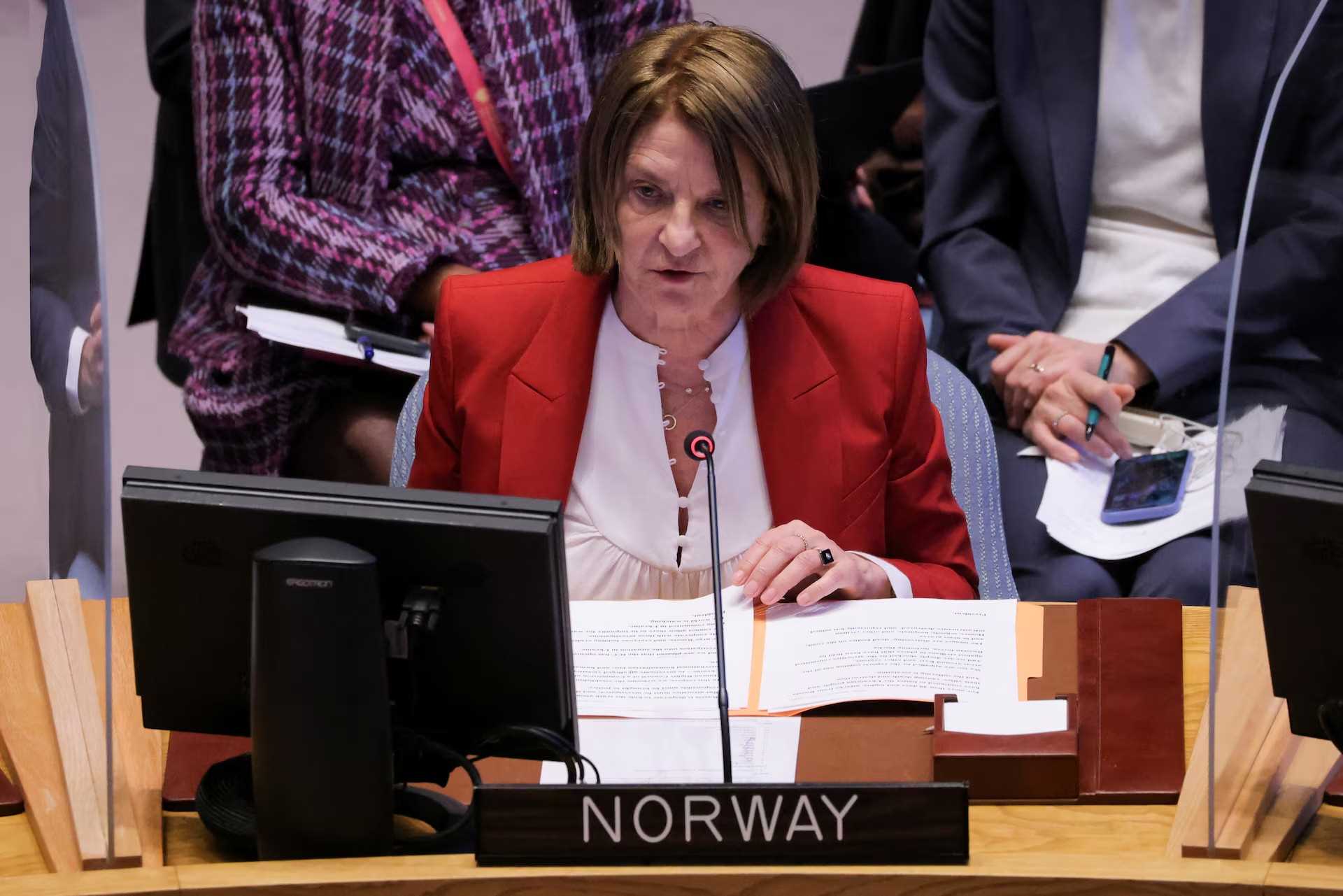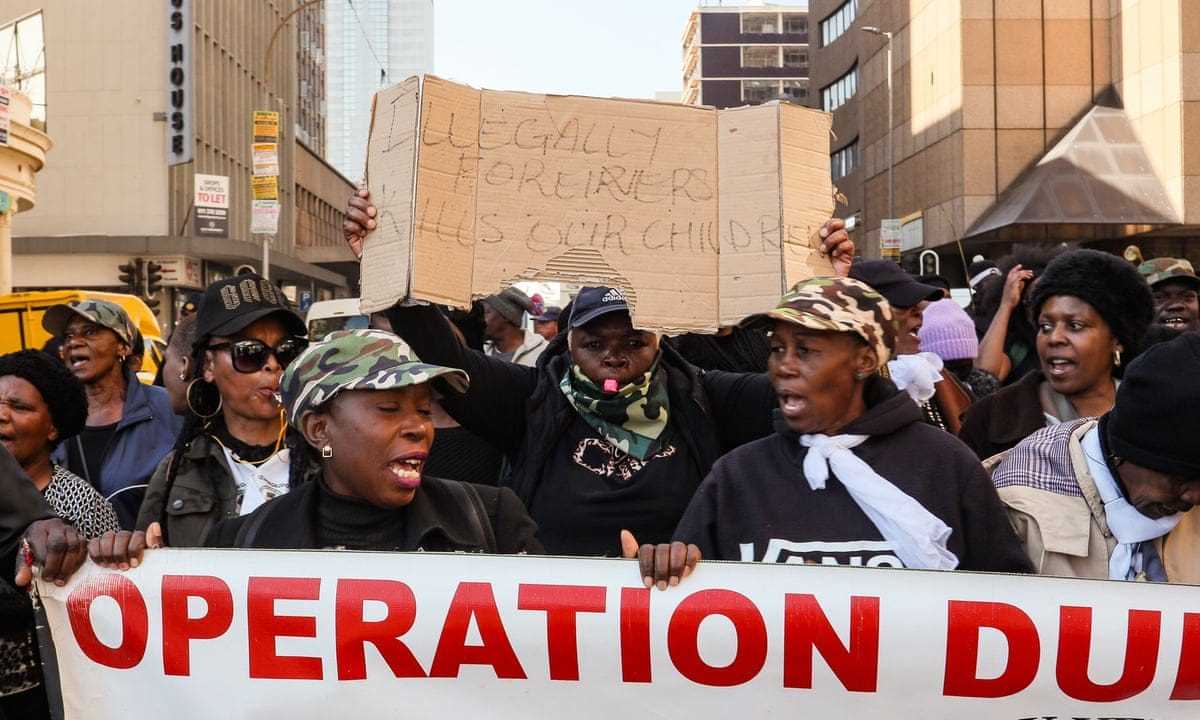
Zim Now Writer
Authorities in Gambia have charged three women in connection with the death of a one-month-old girl who underwent female genital mutilation, marking the first prosecution of its kind since the country decided last year to uphold its ban on the practice.
The West African nation outlawed FGM in 2015, but a heated national debate reignited in 2024 when prosecutions against traditional cutters brought the subject into the public arena for the first time.
While the Gambian parliament eventually reaffirmed the prohibition, human rights groups say the practice continues clandestinely.
Police announced Wednesday that the women were charged under the Women’s (Amendment) Act, 2015. One of them faces a potential life sentence, while the other two are accused of acting as accomplices.
“Preliminary findings indicate the child was allegedly subjected to circumcision and later developed severe bleeding,” police said in a statement issued Sunday.
“She was rushed to Bundung Maternal and Child Health Hospital, where she was pronounced dead on arrival.”
The United Nations estimates that roughly 75% of Gambian women have undergone FGM, a procedure involving the partial or complete removal of external female genitalia.
Related Stories
The World Health Organization classifies it as a form of torture, noting that it can lead to severe bleeding, death, and lifelong health complications, including difficulties during childbirth.
Globally, more than 200 million women and girls have been subjected to FGM, according to U.N. figures. UNICEF reports that in the last eight years alone, approximately 30 million women — mostly in Africa, but also in parts of Asia and the Middle East — have been cut.
Supporters in Gambia argue that the practice is embedded in cultural traditions and Islamic teachings, while opponents see it as a violation of women’s rights. Religious conservatives seeking to repeal the ban call cutting “one of the virtues of Islam.”
Emmanuel Daniel Joof, chair of the National Human Rights Commission, described the case as “a national wake-up call,” adding: “Our task now is clear: enforce it (the law) fully and fairly, without fear or favor.”
Civil society organisations expressed both grief and outrage over the child’s death.
The Edward Francis Small Centre for Rights and Justice urged authorities to act decisively, saying: “Justice must not only be done but must be seen to be done, to send a strong message that the rights and lives of girls in The Gambia are not negotiable.”
However, the group Concerned Citizens has criticised the government’s approach, calling for an end to the targeting of female circumcisers.
“The people of The Gambia have consistently expressed, through various lawful means, their opposition to the ban and have instructed their elected Members of Parliament to repeal the said prohibition,” the collective said in a statement.




















Leave Comments